S. 2204: Protecting America’s Diplomatic Workforce Act
This bill, known as the Protecting America’s Diplomatic Workforce Act, aims to improve protections and transparency for diplomatic personnel in the event of workforce reductions within certain government agencies. Here is a detailed summary of its key provisions:
1. Limiting Employee Separations
The bill establishes a limit on the number of employees that covered agencies can separate during a reductions in force. Specifically, a covered agency cannot separate more than 50 employees within any 6-month period without meeting specific requirements.
2. Requirements for Larger Reductions
If a covered agency needs to separate more than 50 employees, it must:
- Notify the relevant congressional committees at least 20 days before notifying affected employees.
- Provide a detailed explanation that includes the steps taken to explore alternatives, the justification for the reduction, an assessment of the impact on agency operations and U.S. diplomatic presence, and compliance with civil service guidelines.
3. Foreign Service Procedures
The bill modifies reduction-in-force procedures for the Foreign Service:
- The competitive area for reductions will be worldwide, allowing employees of the same rank to compete for retention based on performance.
- Employees will be given at least 120 days' notice before separation, with a minimum of 60 days required.
- Foreign Service employees will receive protections similar to those provided to civil service employees in transfers of function.
- Grievances related to reductions in force will be adjudicated by the Foreign Service Grievances Board, similar to the Merit Systems Protection Board.
4. Notice Requirements
The notice period for reductions will be set at 60 days, in line with other regulations in the civil service.
5. Changes to Foreign Affairs Manual
Before any changes to the Foreign Affairs Manual can take effect, the Secretary of State must:
- Notify and consult with the relevant congressional committees at least 30 days in advance.
- Provide a briefing to those committees regarding the proposed changes.
6. Definitions
The bill outlines relevant definitions, including:
- Appropriate congressional committees: The Committee on Foreign Relations of the Senate and the Committee on Foreign Affairs of the House of Representatives.
- Covered agency: This refers to agencies such as the Department of State, USAID, and others listed in the bill.
Relevant Companies
None found
This is an AI-generated summary of the bill text. There may be mistakes.
Sponsors
10 bill sponsors
-
TrackJeanne Shaheen
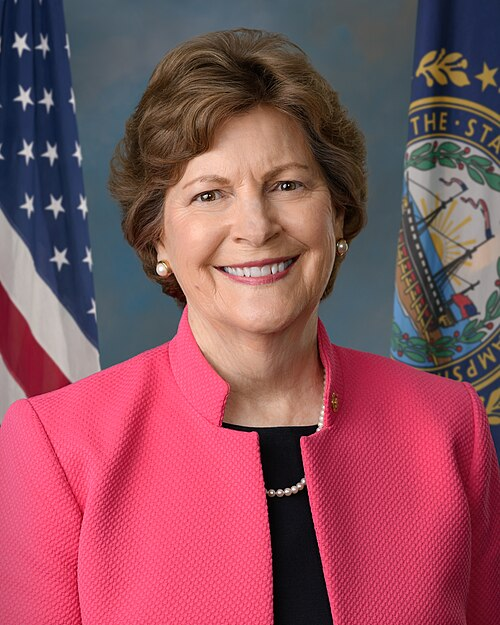
Sponsor
-
TrackCory A. Booker
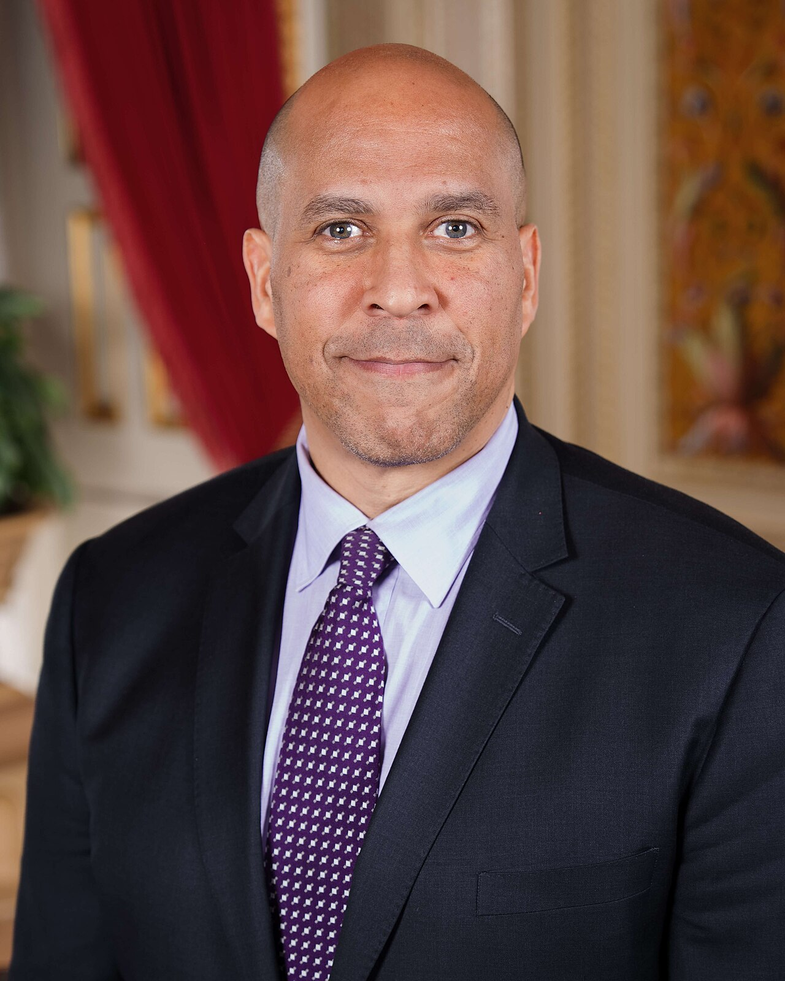
Co-Sponsor
-
TrackChristopher A. Coons
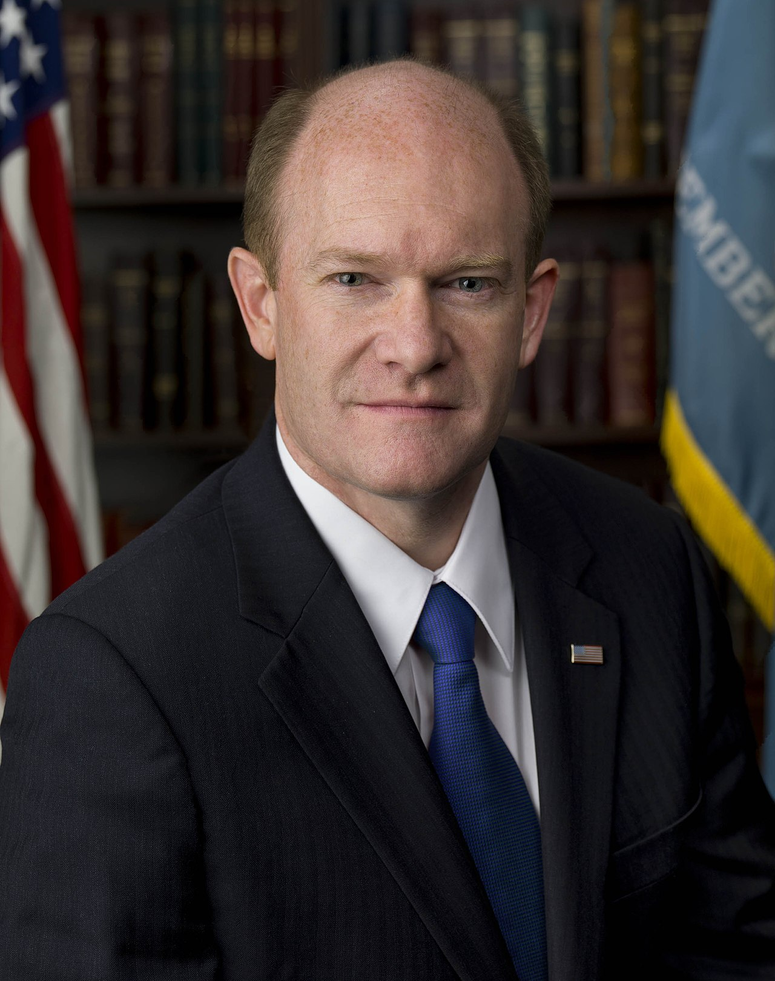
Co-Sponsor
-
TrackTammy Duckworth
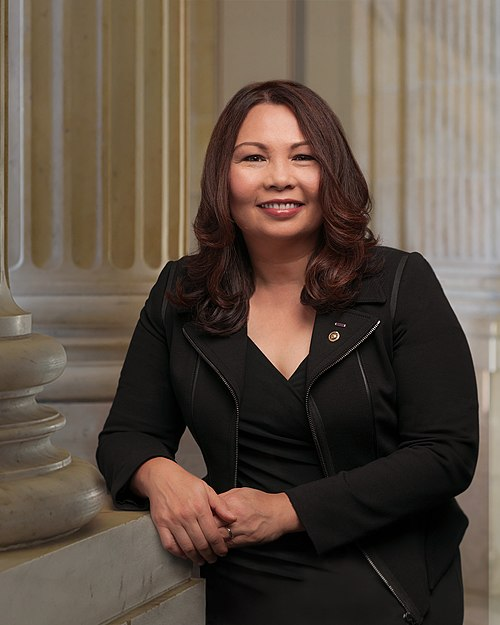
Co-Sponsor
-
TrackTim Kaine
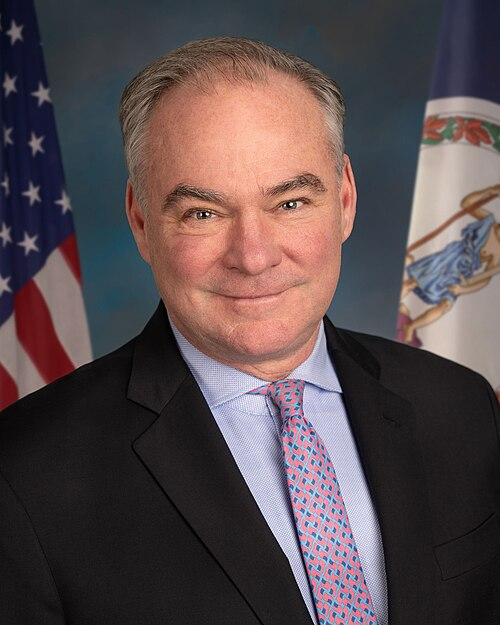
Co-Sponsor
-
TrackJeff Merkley

Co-Sponsor
-
TrackChristopher Murphy

Co-Sponsor
-
TrackJacky Rosen

Co-Sponsor
-
TrackBrian Schatz
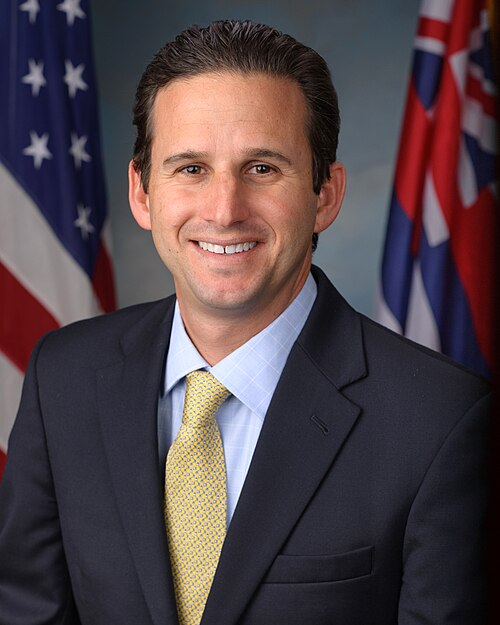
Co-Sponsor
-
TrackChris Van Hollen
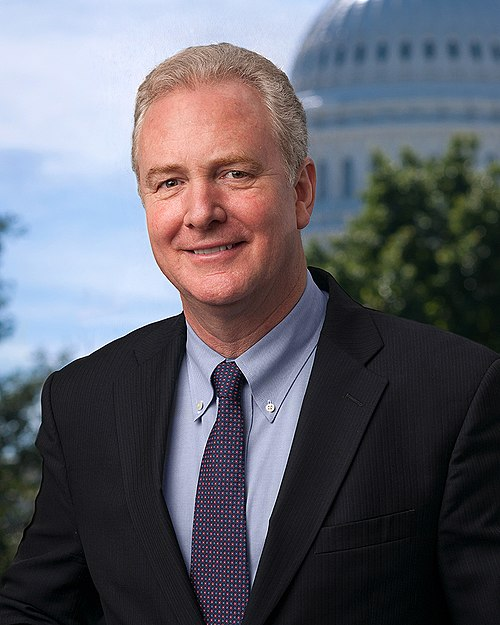
Co-Sponsor
Actions
2 actions
| Date | Action |
|---|---|
| Jun. 28, 2025 | Introduced in Senate |
| Jun. 28, 2025 | Read twice and referred to the Committee on Foreign Relations. |
Corporate Lobbying
0 companies lobbying
None found.
* Note that there can be significant delays in lobbying disclosures, and our data may be incomplete.
Potentially Relevant Congressional Stock Trades
No relevant congressional stock trades found.